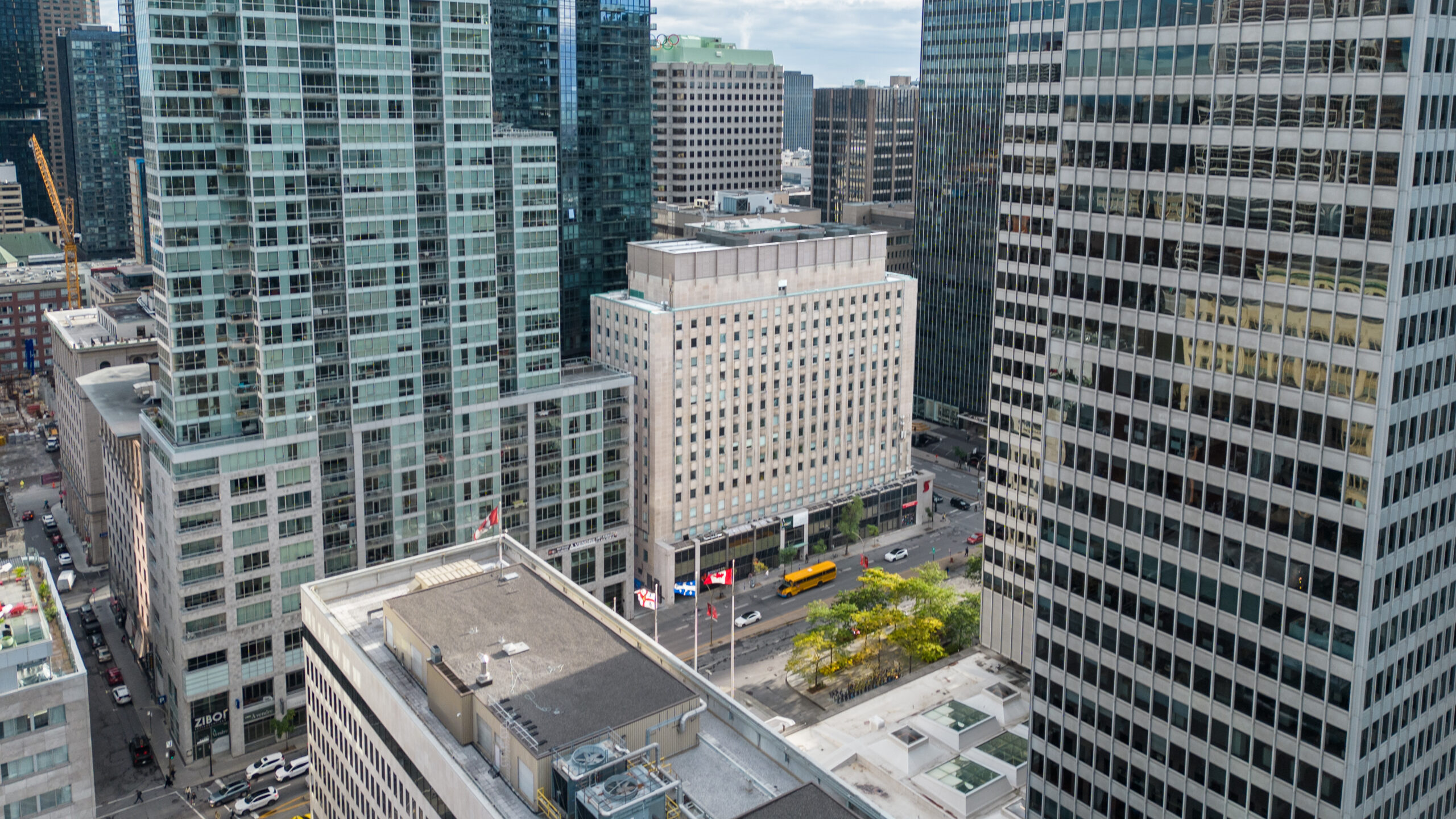What is a Meet-Me-Room?
At the beating heart of most modern cities, there is a room filled with a dense network of connected cables where cloud service providers, telecom carriers, internet service providers, and other companies physically connect together. It’s the crux of our interconnected world.
In this blog post, we talk about the heart of interconnection—the Meet-Me-Room (MMR).
Let’s Make Connections with MMRs
Giving a client freedom to choose who they want to connect to is the core value of interconnection. Once an enterprise team identifies the carrier hotel they want to be in, then it’s time to connect their infrastructure to it. This is where the MMR comes into play.
Let’s talk about how to make connections. An MMR is a space inside the data center where cloud service providers, telecom carriers, internet service providers, and other companies can physically connect to other networks. MMRs allow these providers who handle a lot of online consumer traffic to connect to one another and exchange data by directly connecting to the MMR. By connecting these networks, companies can route digital traffic to avoid fees charged by local carriers for “local loops” (connecting from the carrier presence to their office or private data center). Think of the MMR as a shortcut for providers to exchange traffic at a lower cost with their customers. It also provides a 24/7 staffed and secure point to limit the risk of downtime or physical damage of connections between providers.
Designing Meet-Me-Rooms: Two Zones
The first zone is the Main Distribution Frame (MDF) of the facility. The MDF sits outside of the client’s colocation space inside the data center, serving as the demarcation (DMARC) point from the carriers to the client-owned or colocation facility wiring. This zone is where companies will cross-connect with each other. The MMR is usually outside of this space for security and continuity. It is managed by the data center facility team. The MMR is under tight change control procedures to ensure modifications do not impact carrier operations.
The second zone is the carrier rack space. Carriers can mount and deploy their optical equipment here, where incoming services are managed and distributed to clients or other providers. Most often, the second zone has very high security, monitored 24/7 by the data center team. Some data centers are network neutral allowing any carrier who wants to collocate equipment access to space and power in this zone. Ultimately, this zone provides the “choice” customers are looking for, balanced with cost-effectiveness for the interconnection.
Plan Your Connectivity Strategy
As we mentioned, the MMR is at the heart of interconnection. It is where clients and providers make connections. Just like Carrier Hotel providers, companies come to connect in MMRs to help extend their networks and be flexible within their IT infrastructure.
If you’re interested in learning more, download our white paper on how a hybrid cloud strategy can transform your business. For more information about planning your interconnection strategy, visit cologix.com or email sales@cologix.com.











